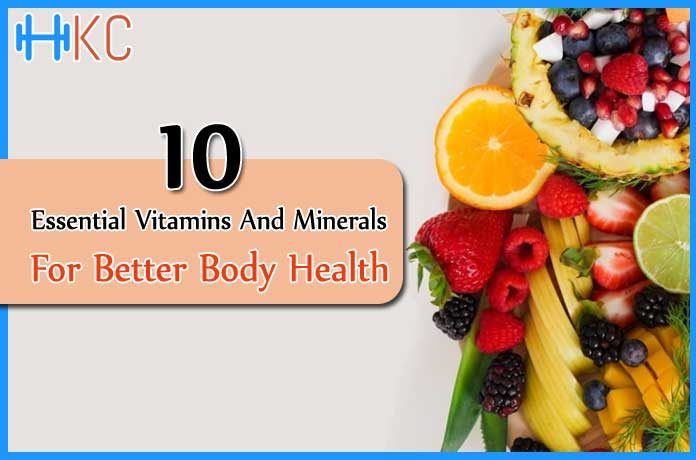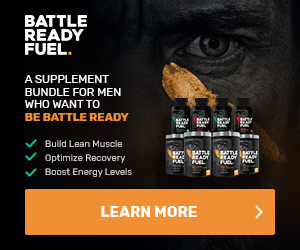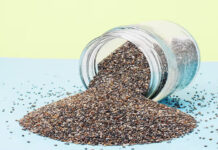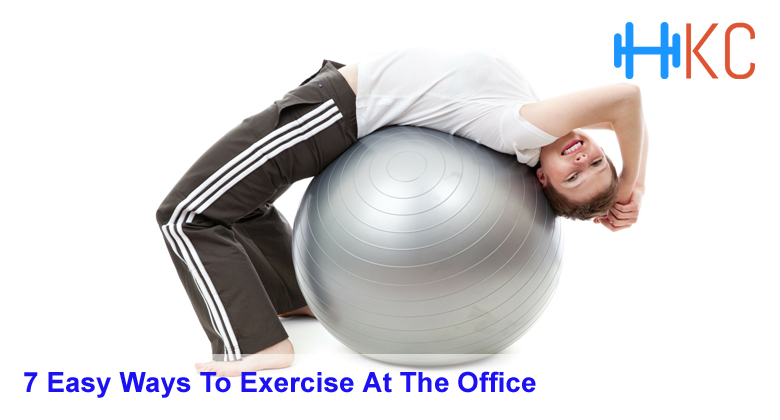It’s easy to miss out on super important nutrients our body needs. A few bad meals, not enough sunlight – there are tons of things that can cause you to be a little low in vitamin and mineral levels. Continually low levels of the essentials can lead to nasty diseases such as scurvy, ricketts, and even blindness. The good news is, boosting your vitamin and mineral intake can be simple and delicious without tons of visits to the doctor. Most minerals and vitamins work hand in hand to help one another. They interact to aid absorption and enhance each other’s effects. Check out this list to see what your body can’t afford to miss out on if you want to be healthy, fit, and well.
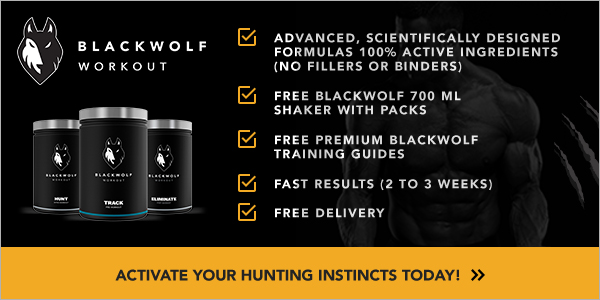
#1. Iron
Iron deficiencies are the most common deficiency in the world. Iron is super important as it creates healthy oxygen-carrying red blood cells that your body needs to deliver that oxygen to your vital organs. Signs of iron deficiency can be fatigue, shortness of break, and weakness – all symptoms we would rather live without! To increase your iron levels, you could try supplements (so long as your doctor is on board). If you’d rather a more natural approach, then add more meat and seafood to your diet. If you’re veggie, eat lots of dark leafy greens such as spinach – if it worked for Popeye it could work for you!
#2. Vitamin D
Vitamin D goes hand in hand with Calcium and it helps the mineral be absorbed into the body. Get your vitamin D from sunlight (just remember to slather on your SPF!) or from egg yolks, red meat, or a supplement like fish oil. With us all staying home more often in the last year, there has been an increase in patients suffering from a lack of vitamin D so ensure you’re being extra vigilant about getting enough. If you’re pregnant, ensure that your vitamin D intake is high (seek medical advice for the right amount for you) as it aids with growing your baby’s teeth and bones as well as vital organs such as the heart, kidneys, and nervous system.
#3. Vitamin C
Did your parents ever make you drink tons of orange juice when you were sick as a kid? That is because vitamin C is unbelievably important for your health. It helps protect against immune system deficiencies, encourages healthy cell renewal, and can help with bone strength. It also helps the body absorb other vital vitamins and minerals such as iron. Vitamin C cannot be stored in the body so you will need to make sure your diet is incorporating enough every day. The average adult should have around 40mgs of vitamin C each day, so get eating those oranges!
#4. Calcium
If you want strong bones, better muscle movement, and increased cardiovascular performance, then ensure you’re getting enough calcium. If you’re in your middle-aged or enjoying your golden years, calcium is super important as it can help stave off brittle bones and osteoporosis. If you suffer from any cardiovascular issues, calcium can help maintain the heart muscle and has even been linked to lower blood pressure. It’s also great for strong teeth as it strengths the jawbone and hardens tooth enamel. Incorporate more dairy into your diet to bolster your calcium levels or if you are a vegan opt for a soya drink with added calcium.
#5. Vitamin B
There are several types of vitamin B and all of them are important. These types include riboflavin, thiamin, niacin, folate and folic acid, and B12. This vitamin’s job is to break down and convert energy from food into usable energy for your body. Without these, you will likely feel exhausted and weak. They are found in a wide range of fruits, vegetables, carbs, and protein so the best way to consume enough vitamins to keep yourself healthy is by eating a well-balanced diet. 2.4mg will be enough to keep you fighting fit.
#6. Omega-3
Omega-3 is the essential fatty acid in fish and fish oils. They’re fundamental for your cell structure and provide energy for your vital organs. They’re also known to be a great mood booster as they contain anti-inflammatories that can help with depression. On top of that Omega 3 is also a super energizer for your brain! Having high levels of the healthy fat is important for cognitive development in early years and helps improve memory and communication. If you don’t enjoy a diet high in fish, there are plenty of easy to take supplements that come as liquids or capsules.
#7. Vitamin A
This important vitamin can be found in dairy products such as milk, cheese, and yogurt. Fear not if you don’t eat dairy – beta carotene is a precursor to vitamin A and can be found in brightly colored foods such as carrots, mango, and red peppers. Your body can take this beta carotene and turn it into retinol – a key vitamin in vitamin A. This worthy vitamin helps with eyesight (this is where the idea that carrots help you see in the dark comes from) and keeps skin healthy. In fact, retinol and vitamin A is a key component in many skincare formulas so use internally and externally for an all-round glow! Aim to have around 900mg per day for maximum impact.
#8. Magnesium
A mineral that is vital for muscle health, magnesium is found in every single cell in your body. It regulates muscle and nerve function and is great if you regularly work out. If you’re a big fan of working out, make sure you’re getting enough magnesium as it is necessary for your muscle regeneration. It is also important for biochemical reactions including converting food into energy, protein creation from amino acids, and the creation and repair of DNA. Boost your intake of nuts, seeds, and grains to increase your magnesium levels. Healthy and delicious? Yes please!
#9. Potassium
Potassium is key for almost everything your body does. It aids kidney and heart function and regulates muscle and nerve signals. Have you ever heard that bananas are good for cramp? This is because they contain lots of potassium which can ease muscle contractions. This mineral can lower blood pressure and protect against stroke. It also helps reduce water retention which makes it a little miracle worker if you suffer from painful bloating!Your diet should contain around 3500mg per day which can easily be incorporated in your food.
#10. Sodium
Sodium is a mineral that has a bad reputation – and not always unfairly. In large quantities, too much sodium in your diet can increase the risk of high blood pressure, which can lead to heart disease and stroke. However, a small amount of sodium is essential to our body’s proper function. It is vital for nerve and muscle function, plus it regulates normal fluid balance. Keep your intake below 2300mg per day to maintain a healthy equilibrium.
Are you ready to add more nutrients to your diet for a healthier life? Comment below or let us know your favorite recipe for a yummy, balanced meal that is full of vitamins and minerals.



